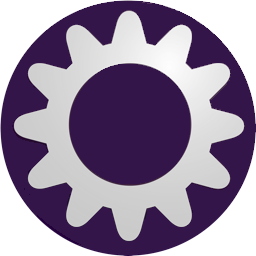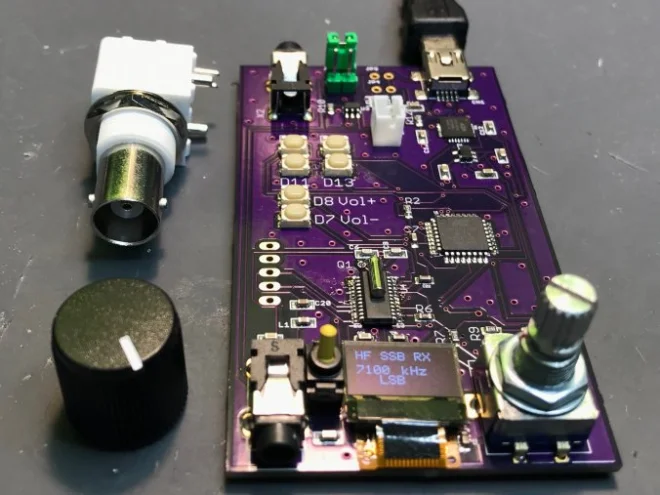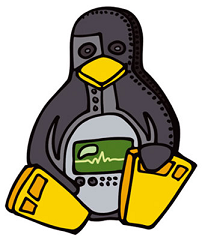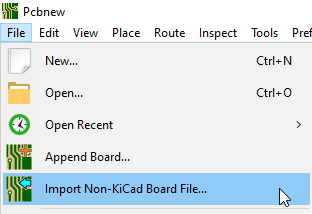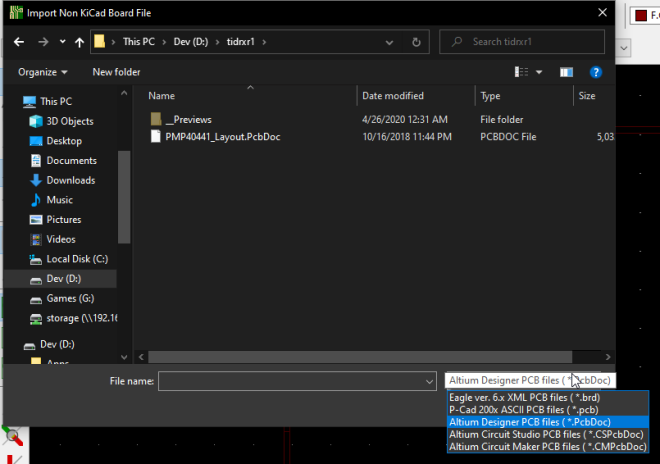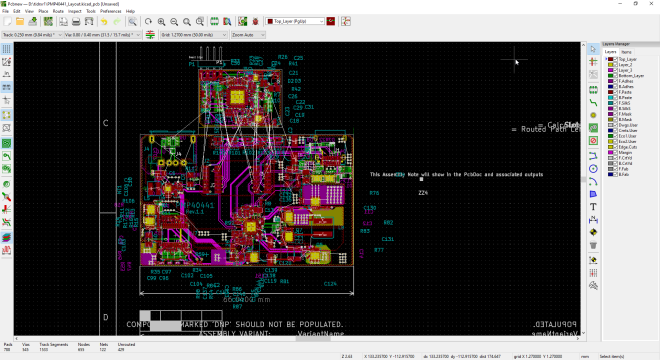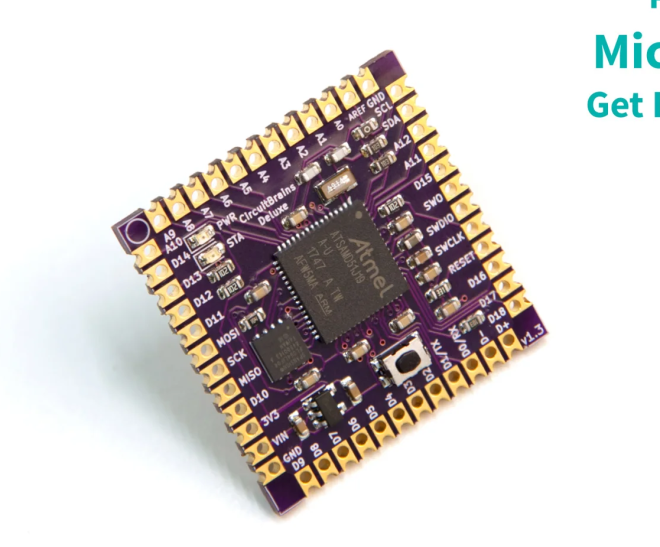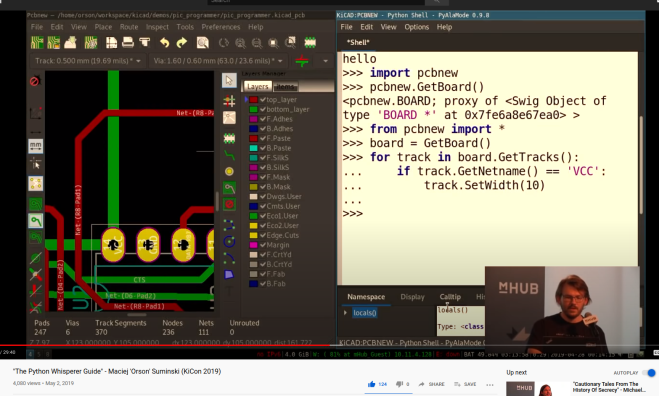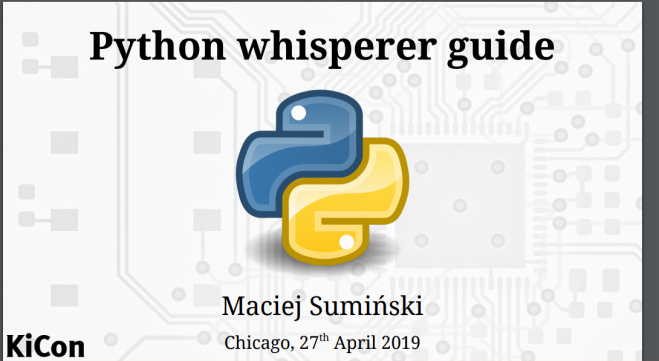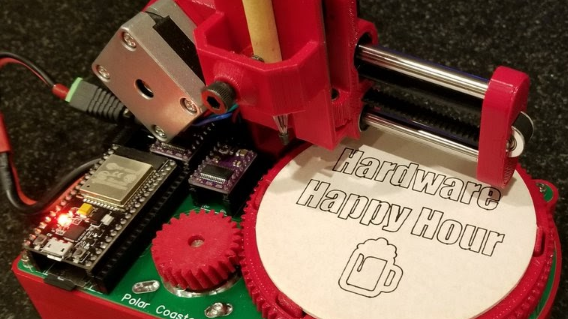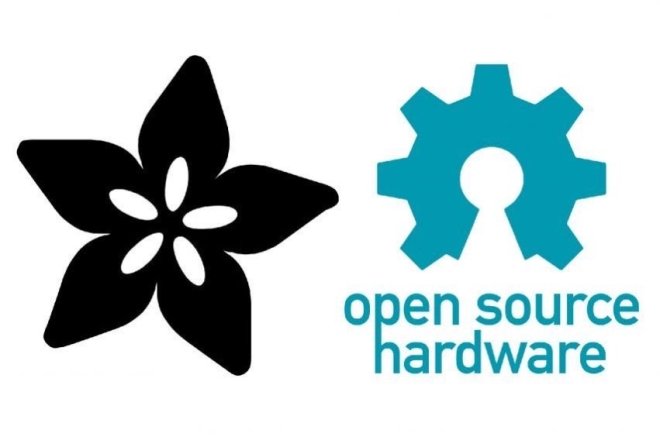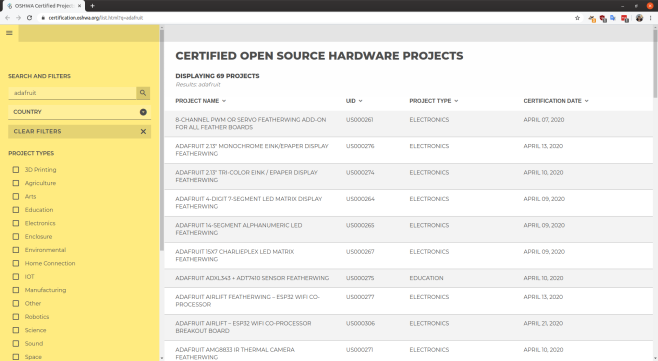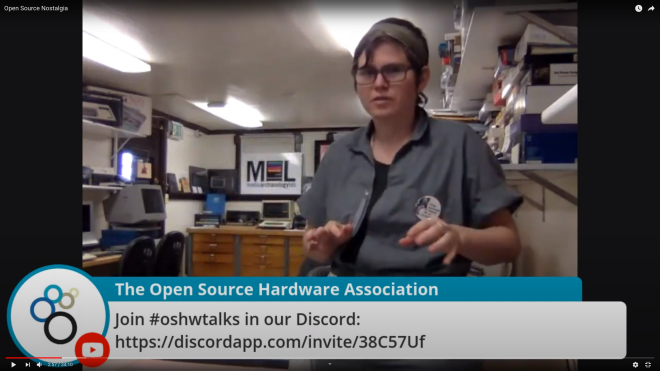Exciting news! Dorkbot PDX will be moving to cyberspace and everyone can now join in:
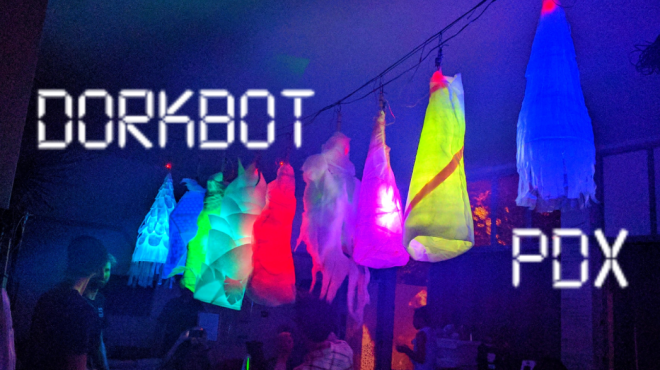
Part virtual hackathon, part virtual geek social, these virtual biweekly meetings are a time for you to virtually join others for insight, inspiration or just insanity.
Bring your virtual toys for others to see, or log on to see what others have been painstakingly chipping away at in their spare time.
Whether it’s code or chips, hacking of all sorts is encouraged. But we also like to hear your crazy ideas, so please come join us online and bring your willingness to share your brilliance.
p.s. This event is open to everyone, dork or robot. No ^H membership is required to attend. All are welcome. That means you!
We’re meeting on jit.si as well as mozilla hubs, link here: https://kik.to/HY
https://www.meetup.com/CTRL-H/events/270343394/
